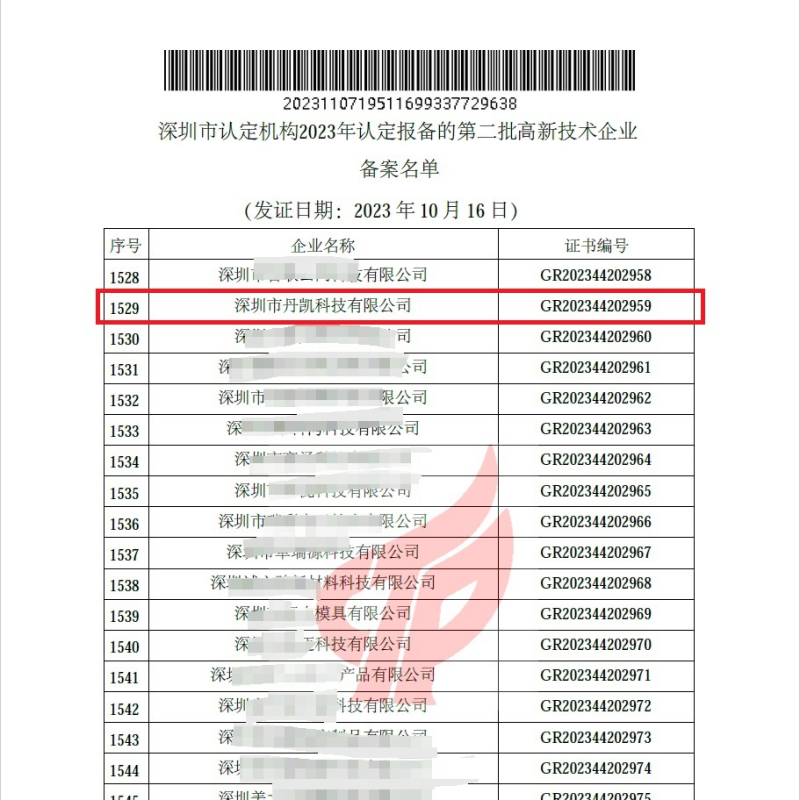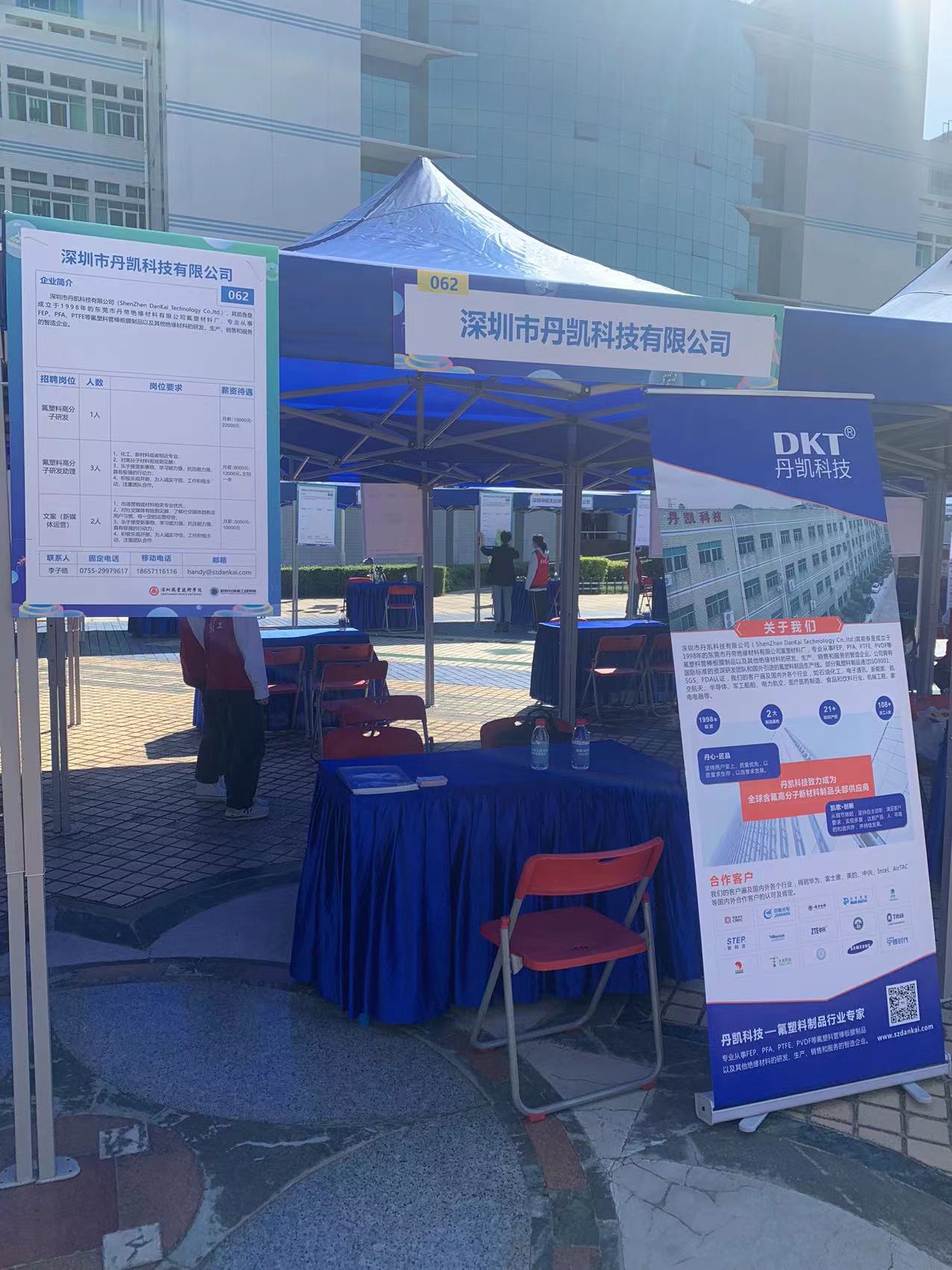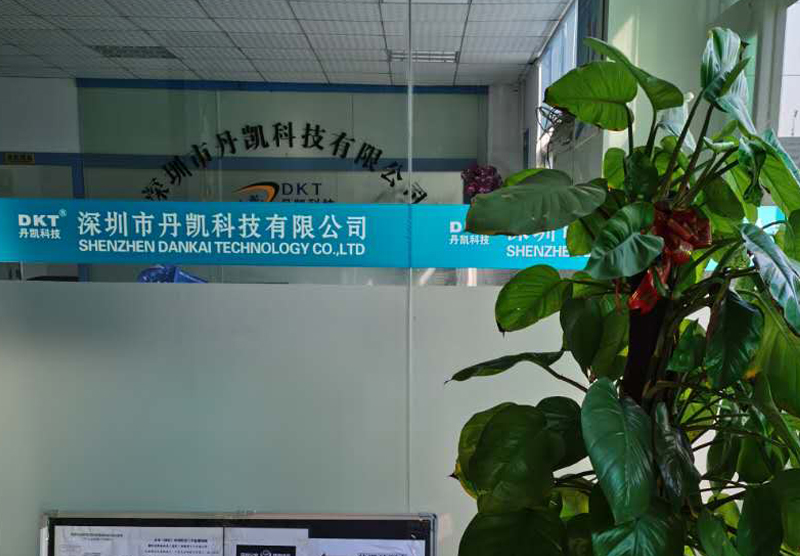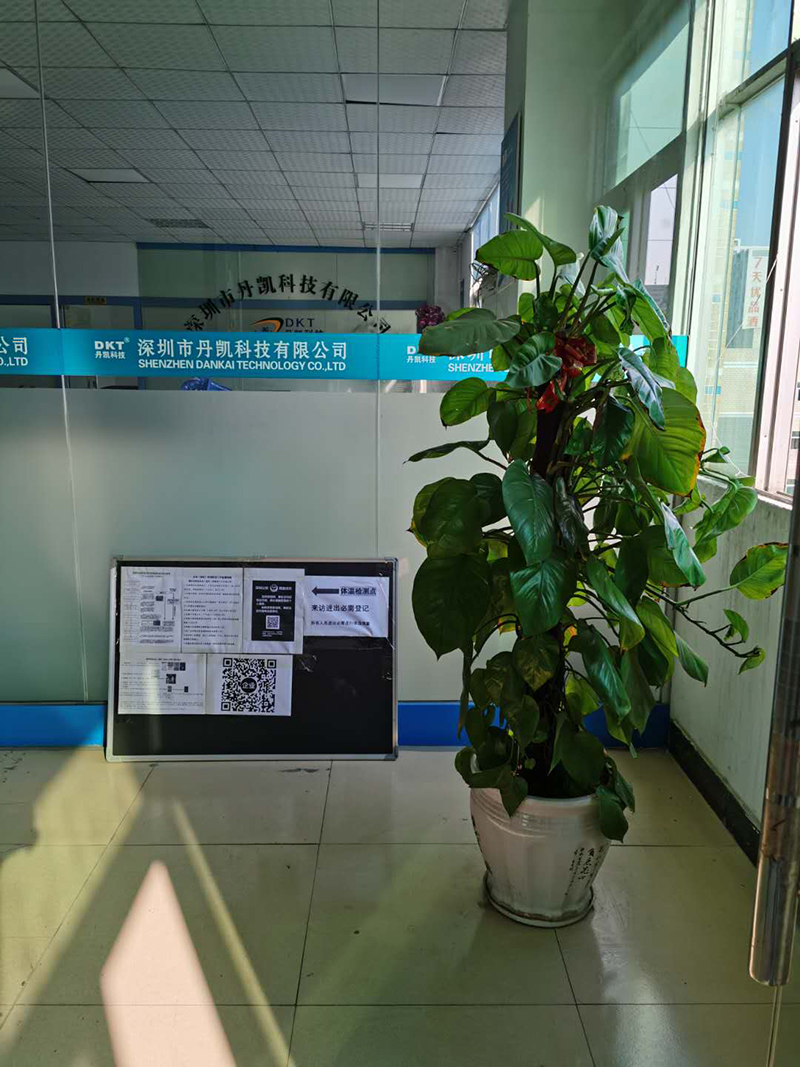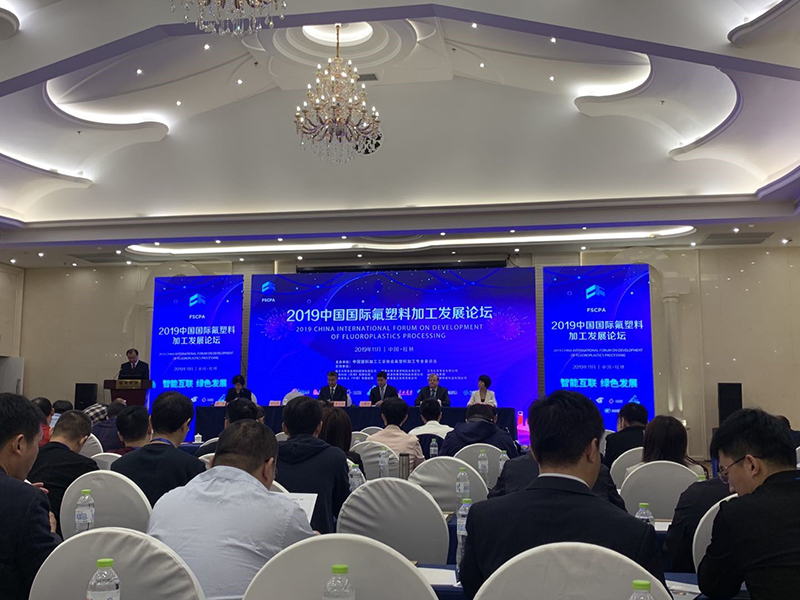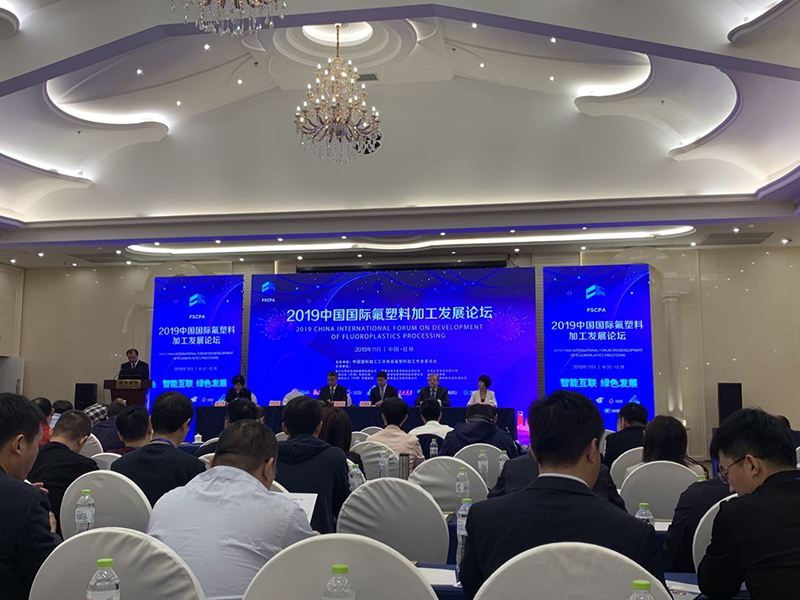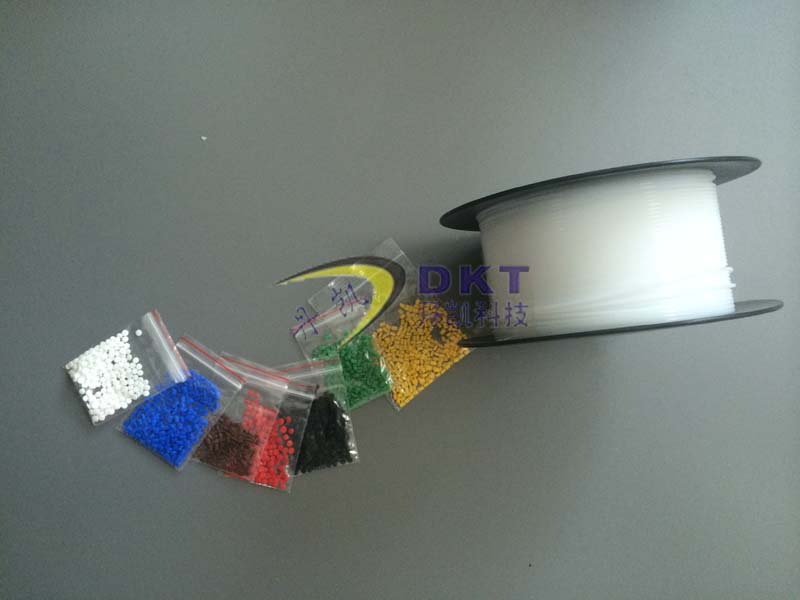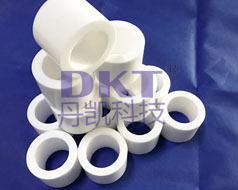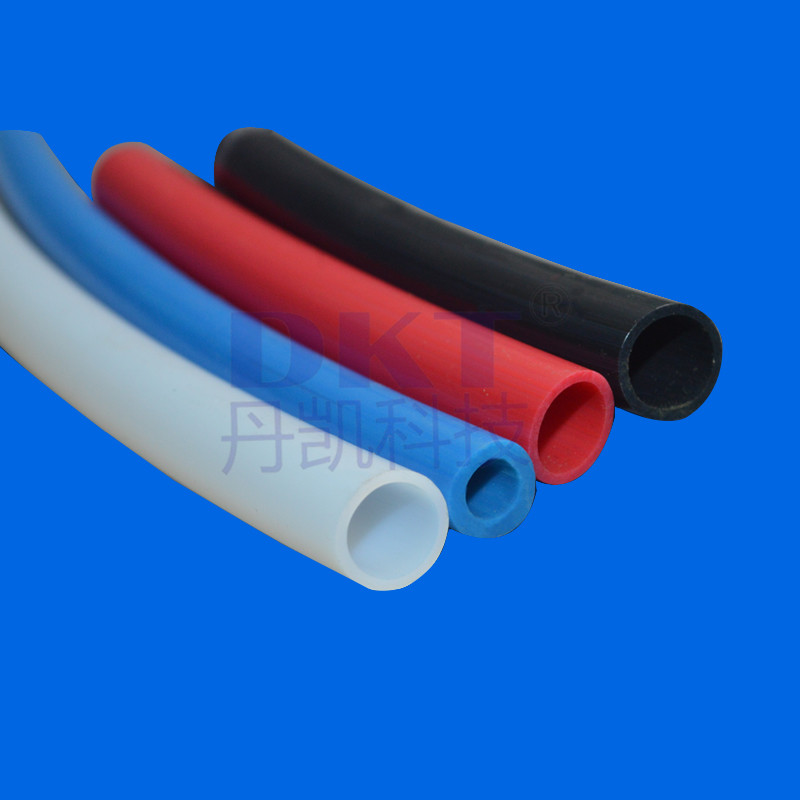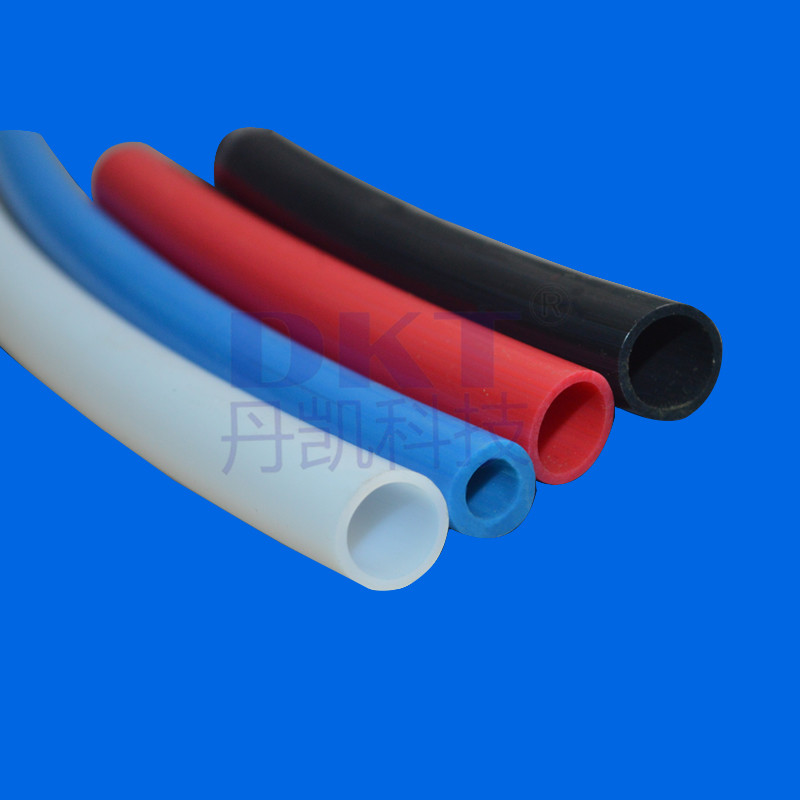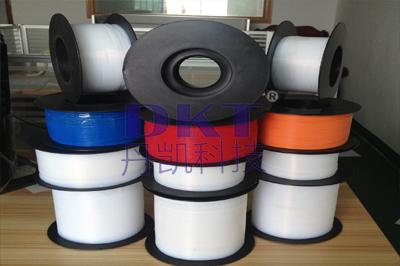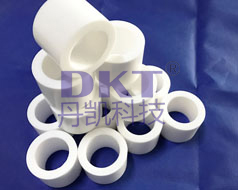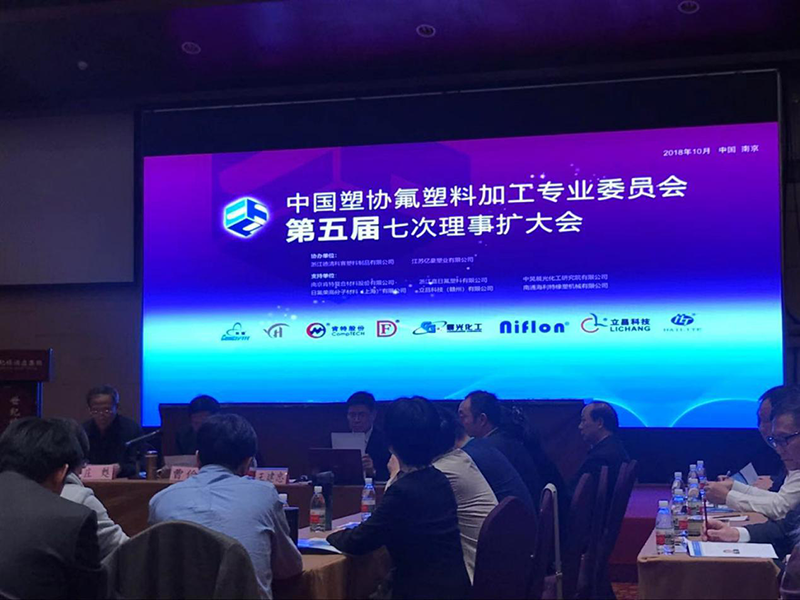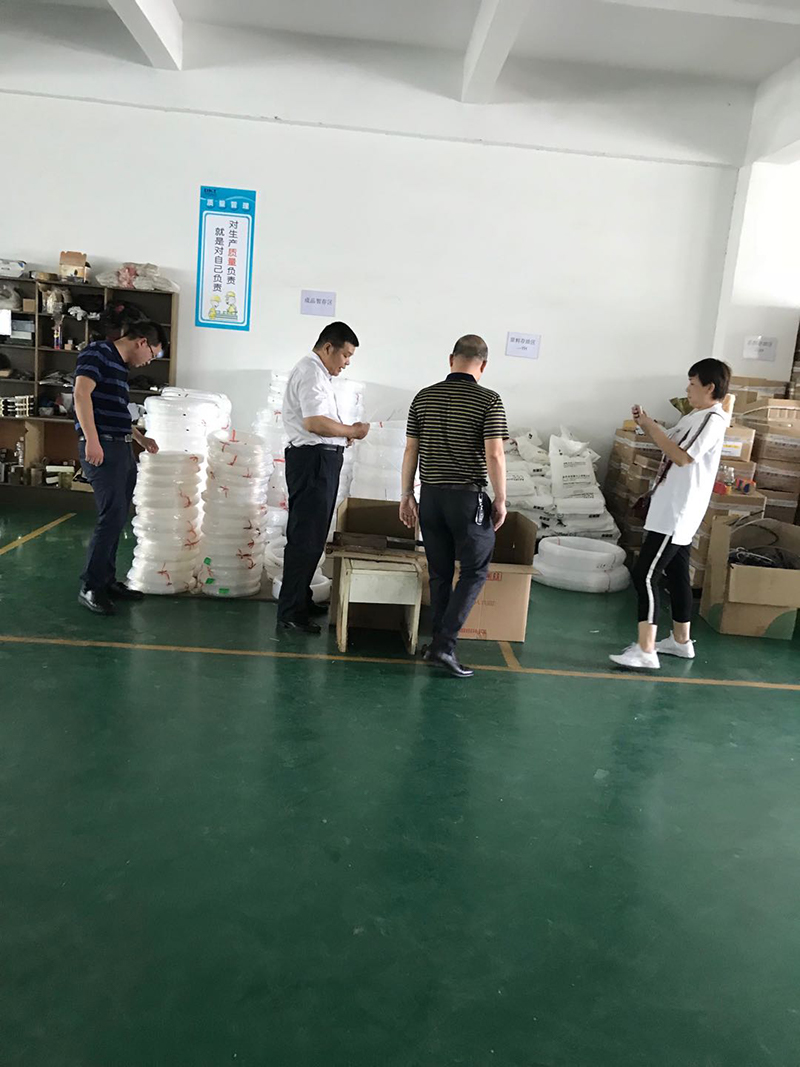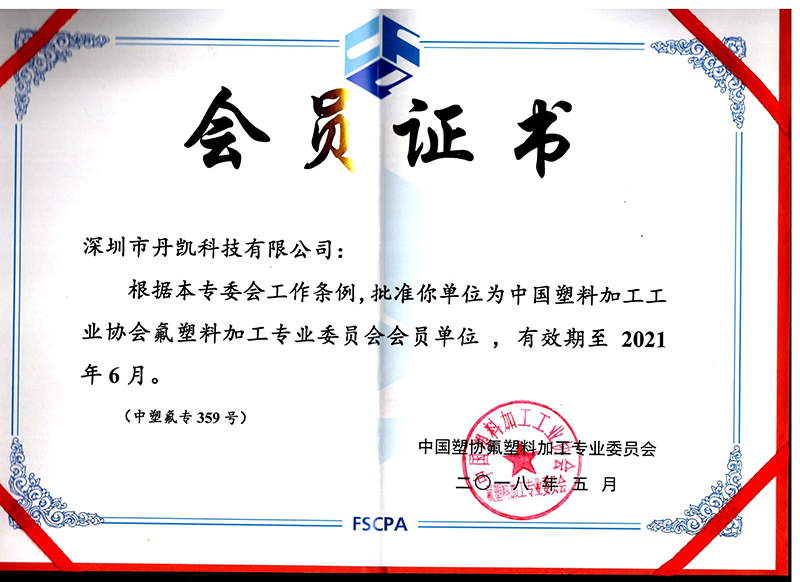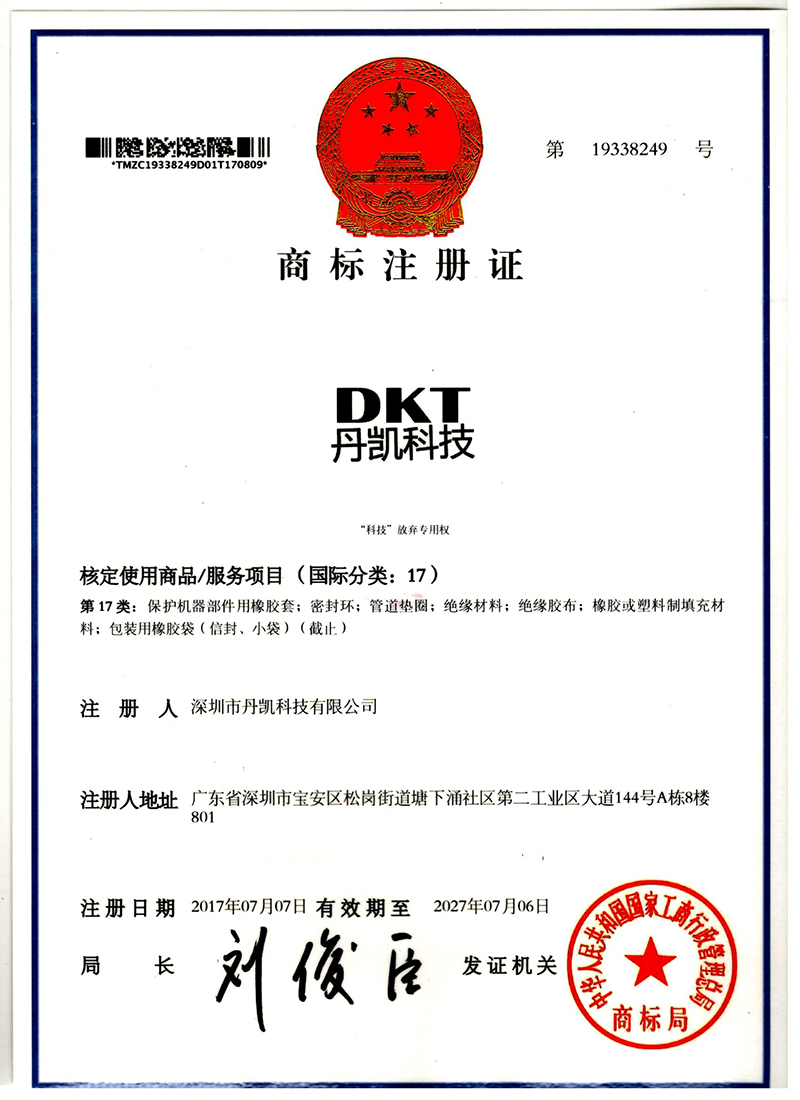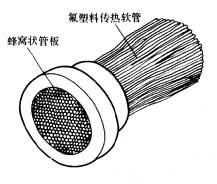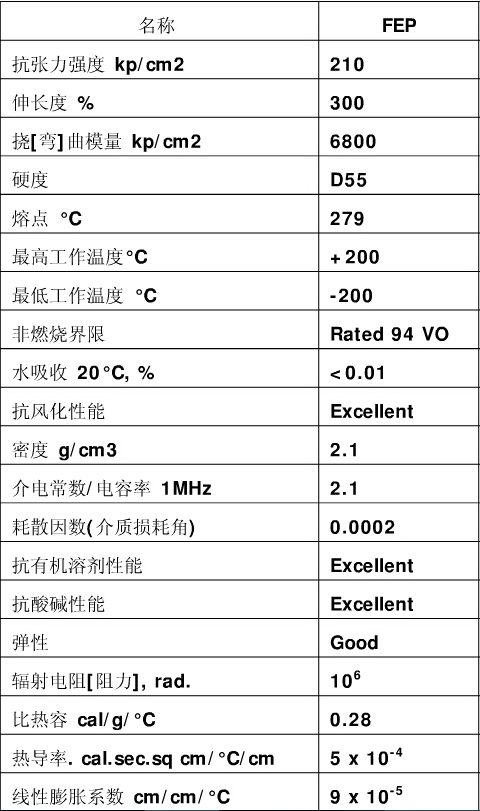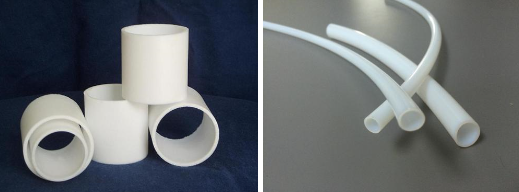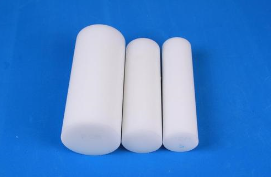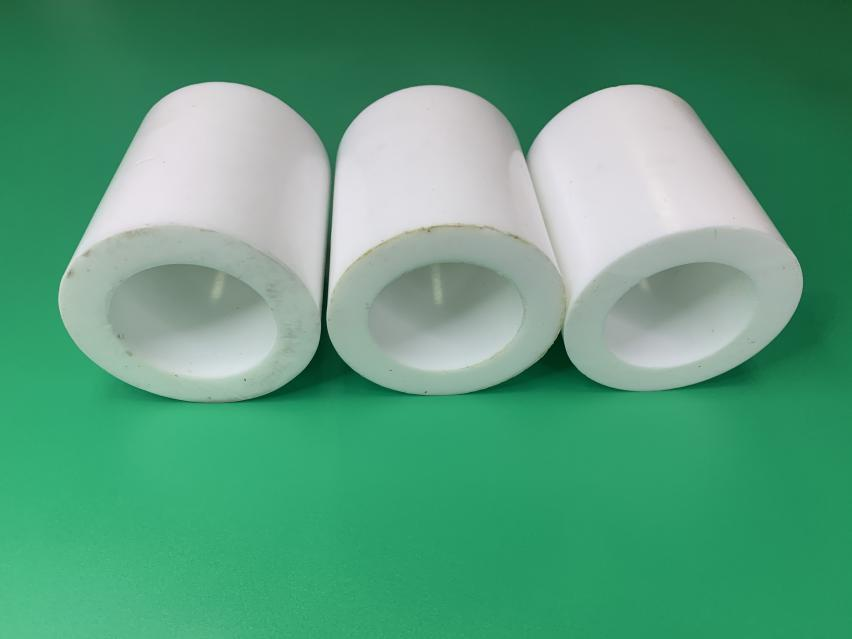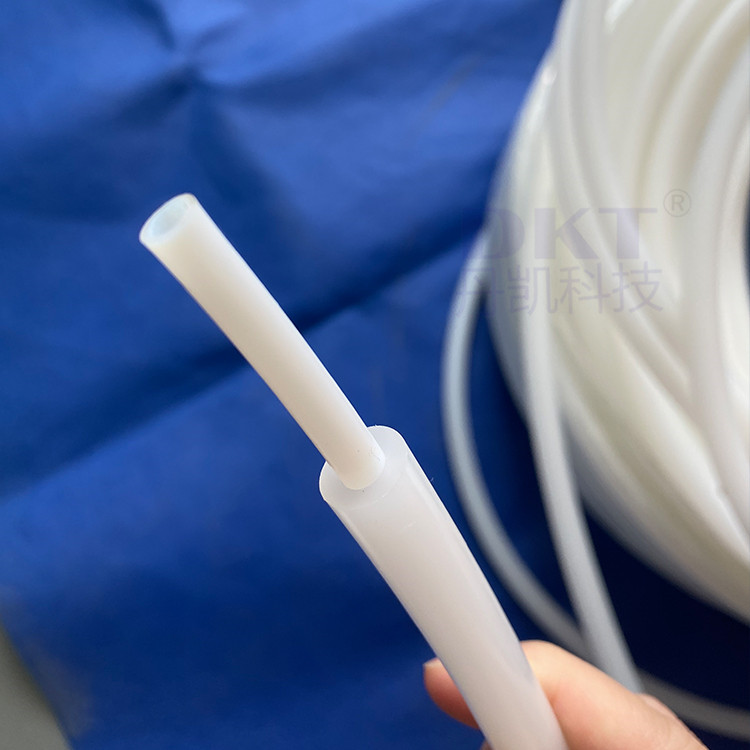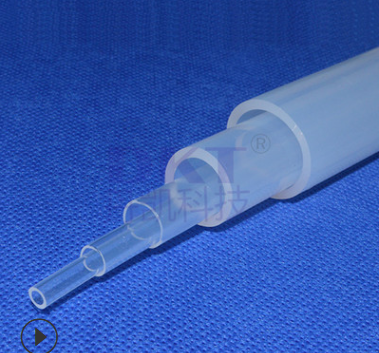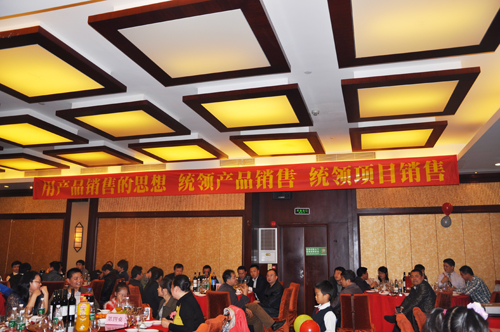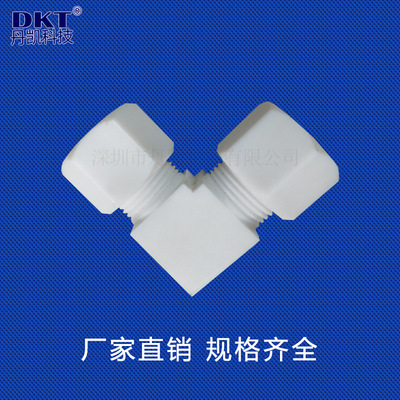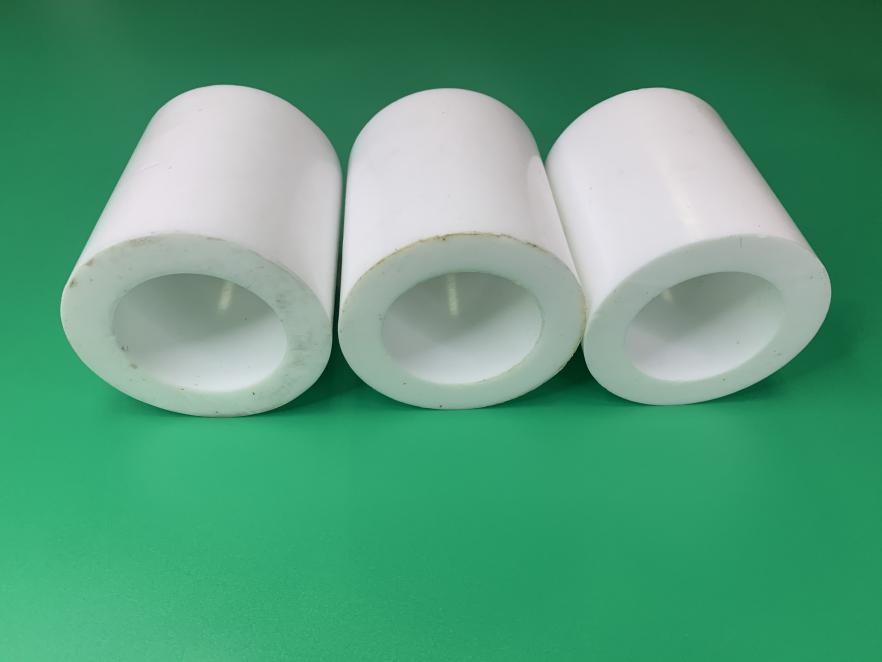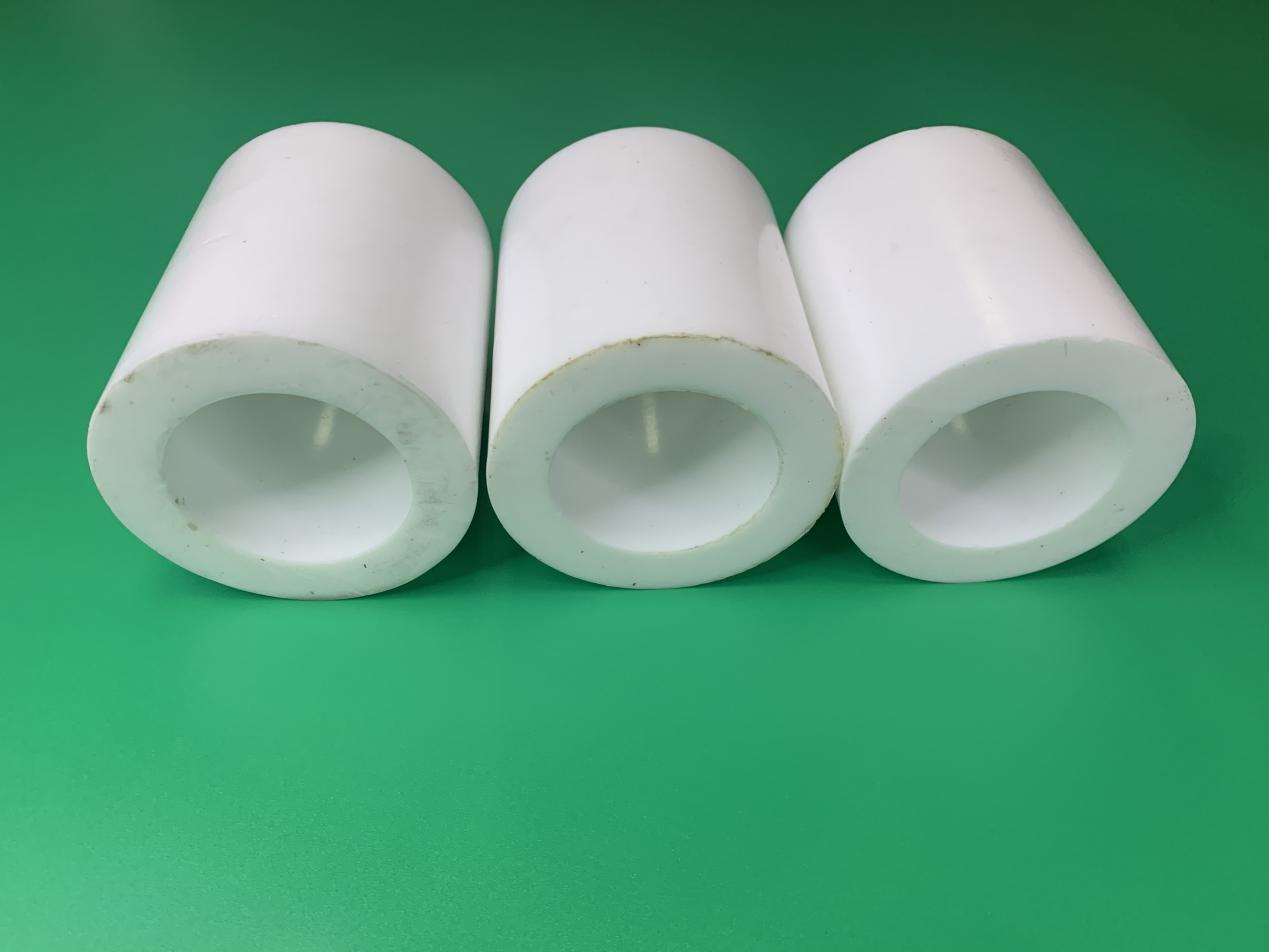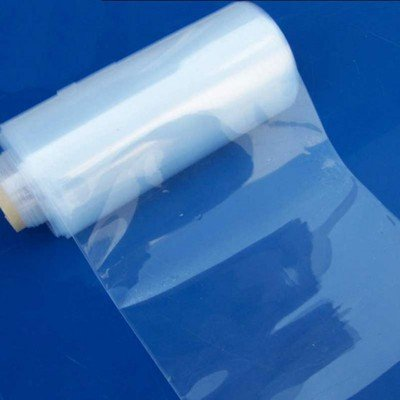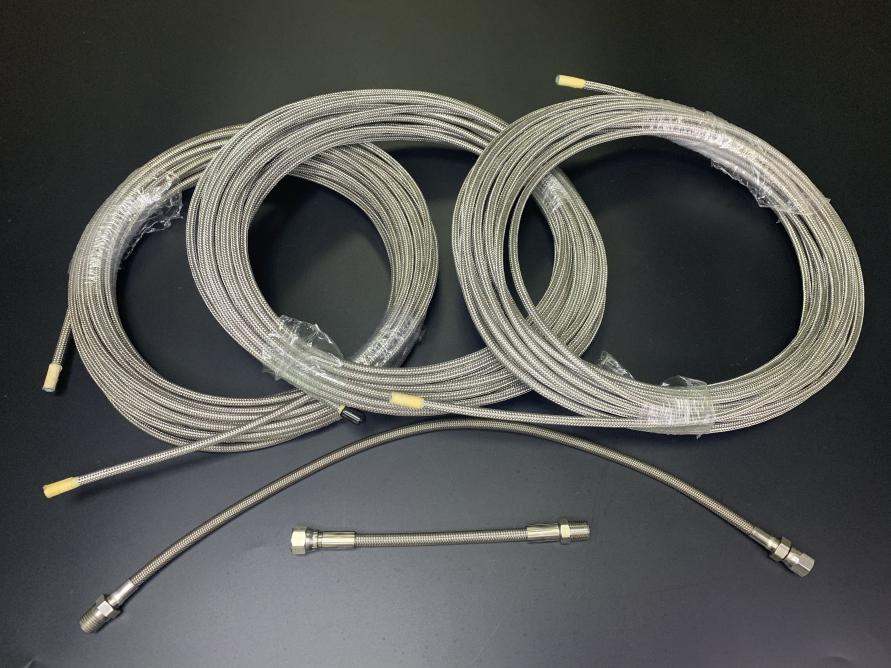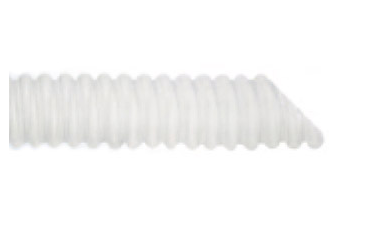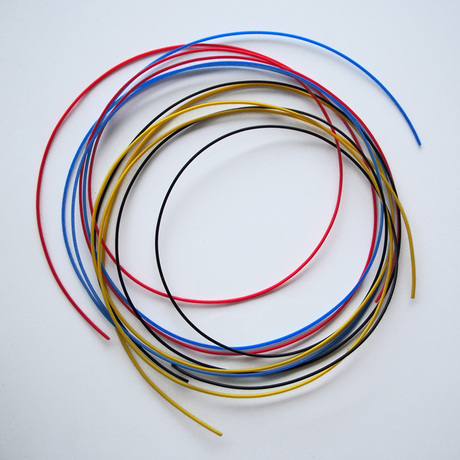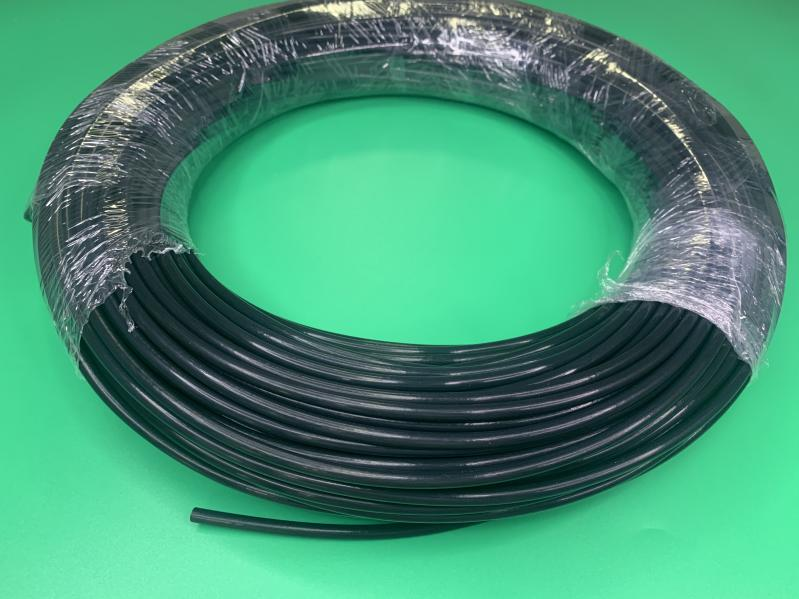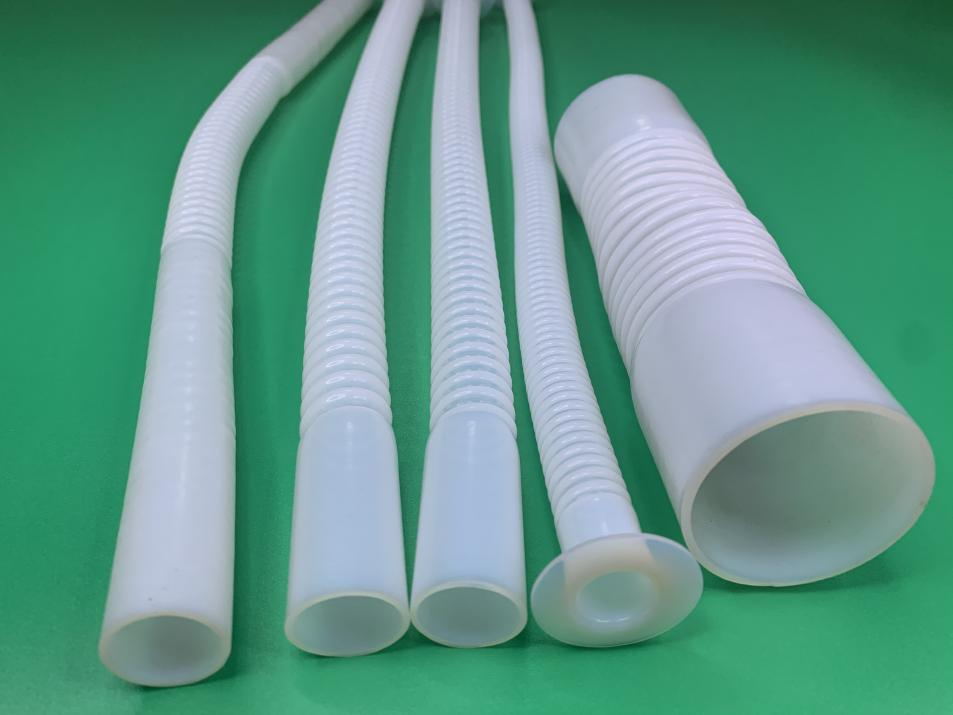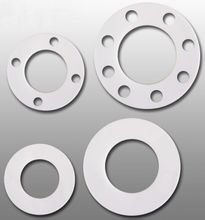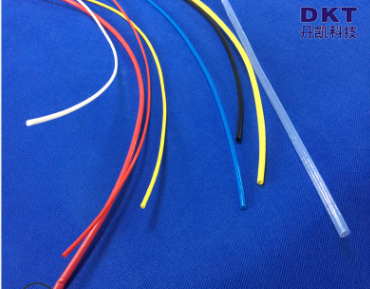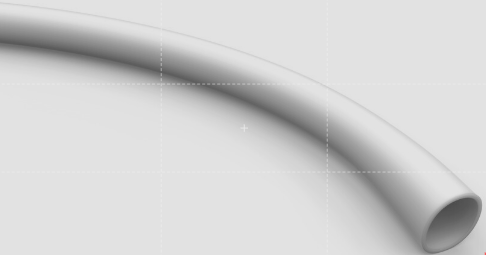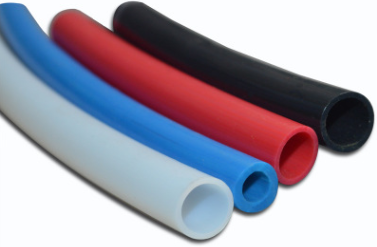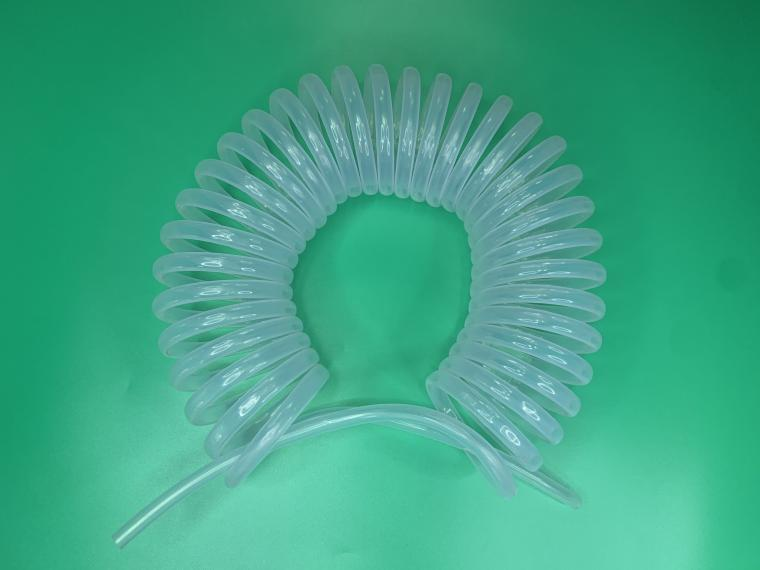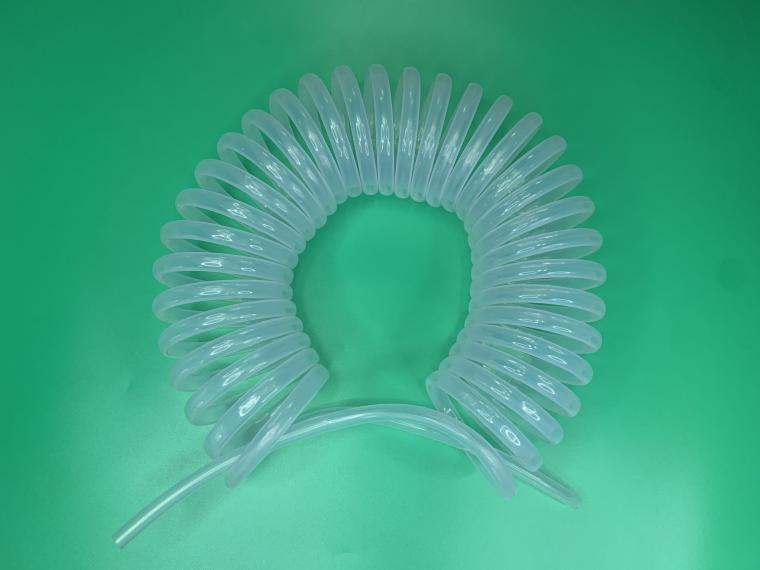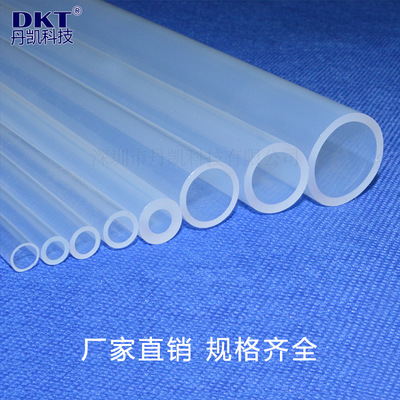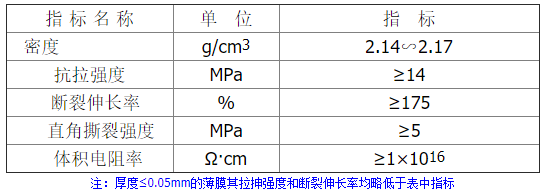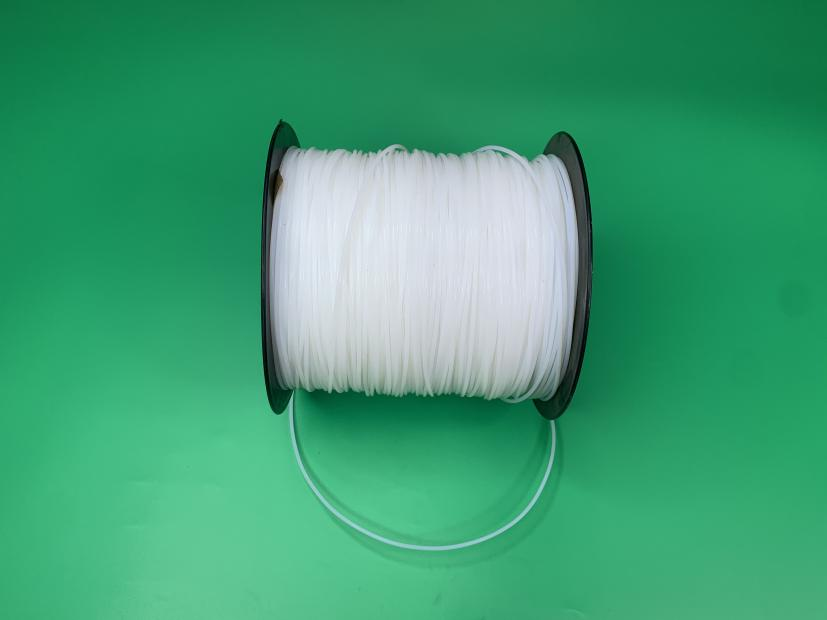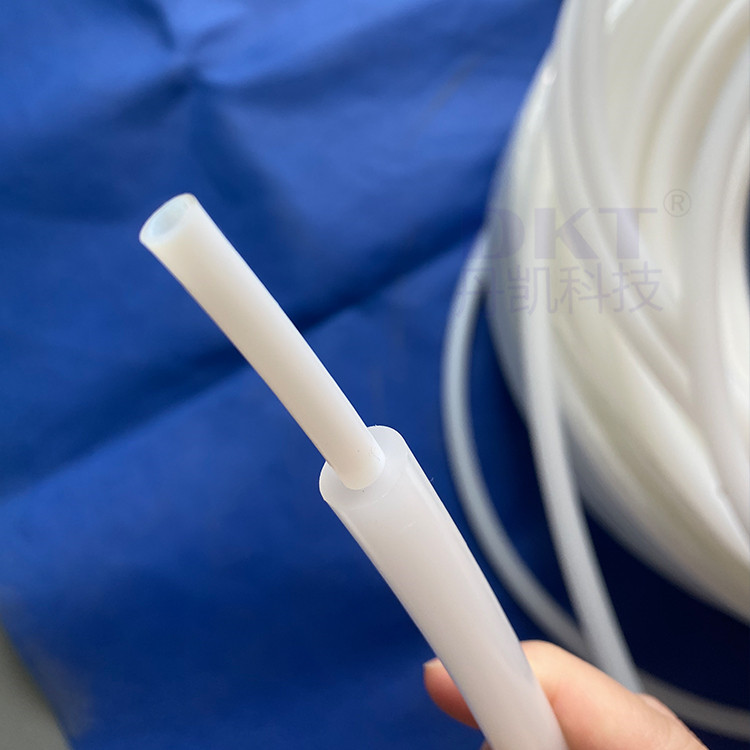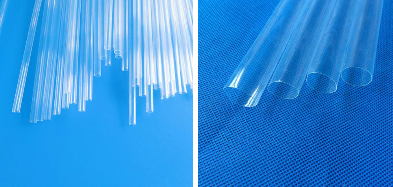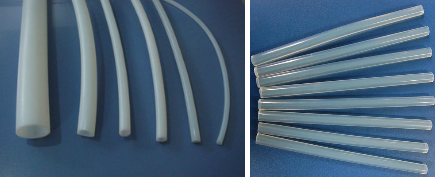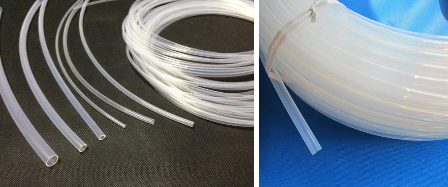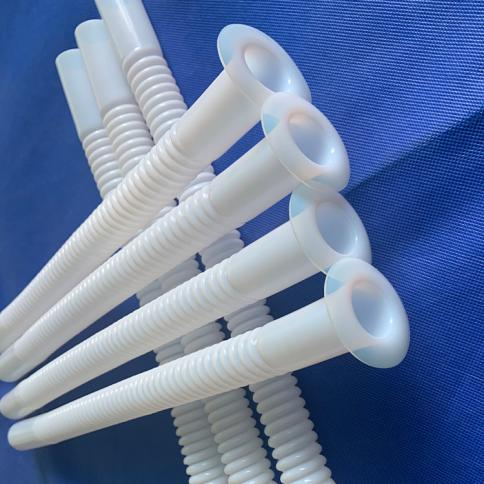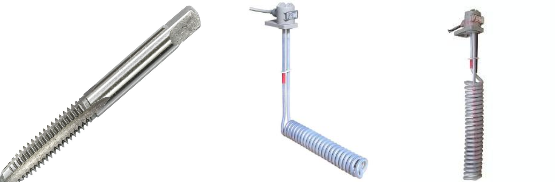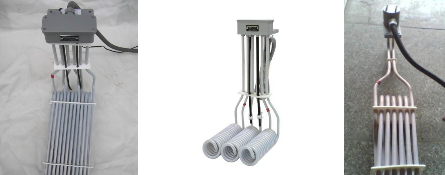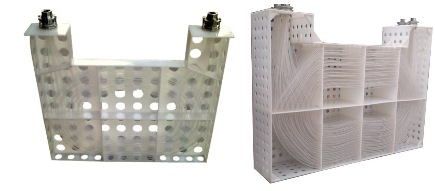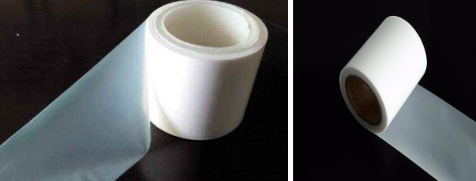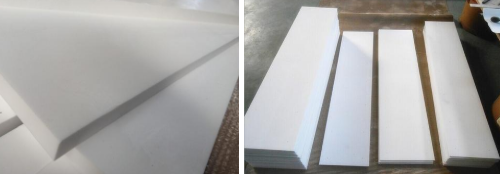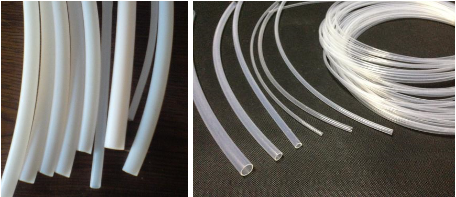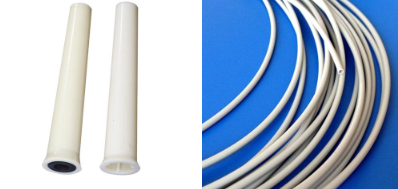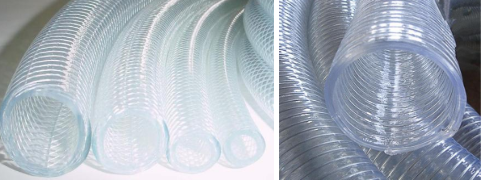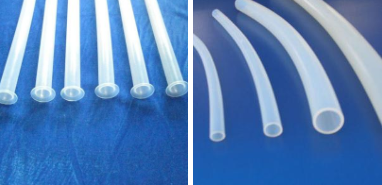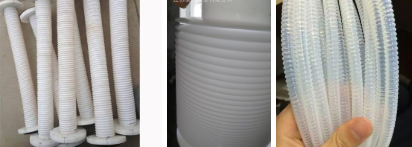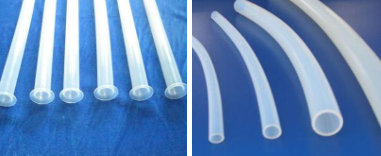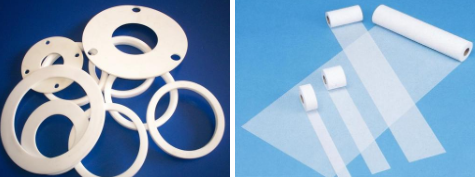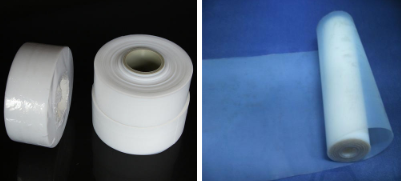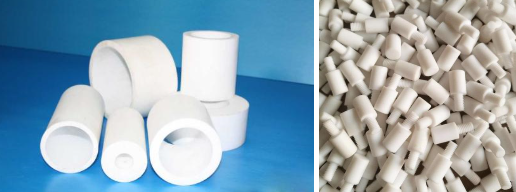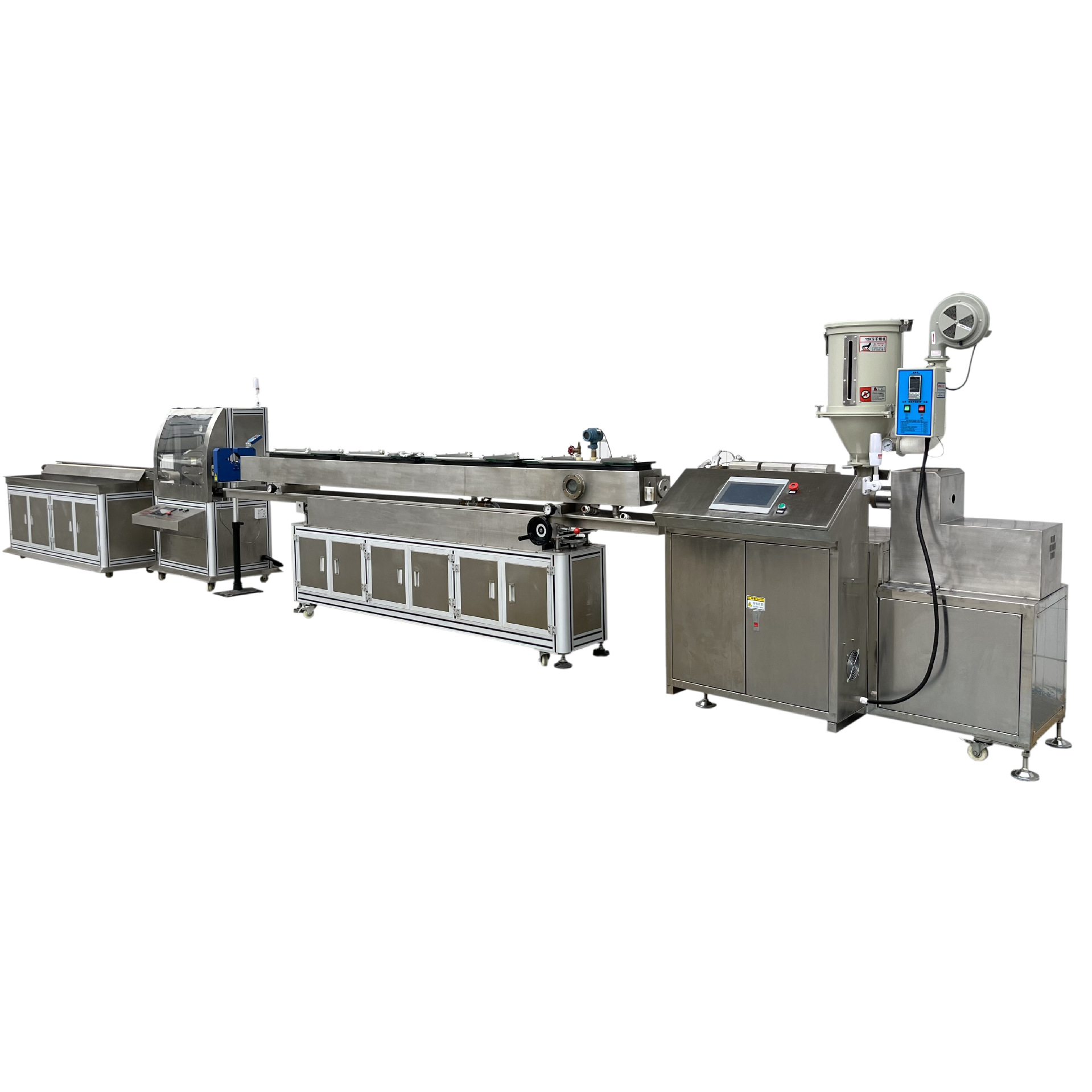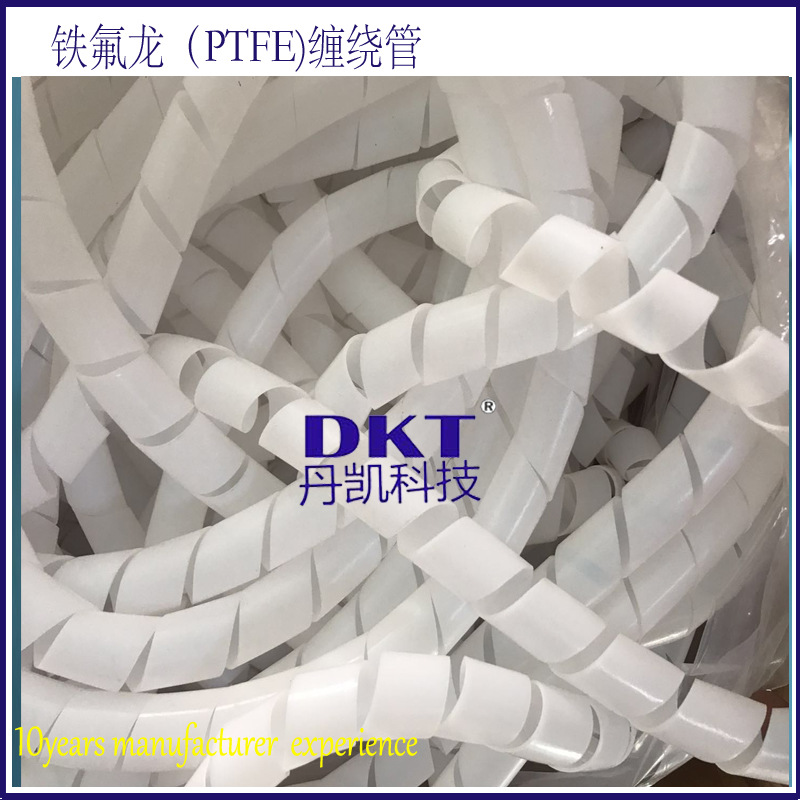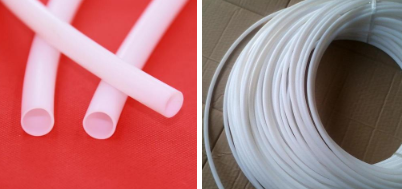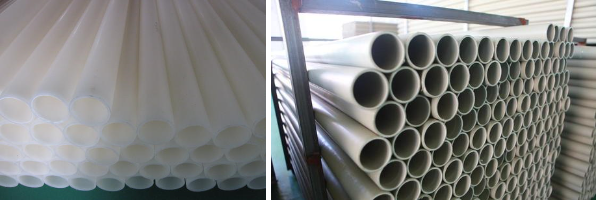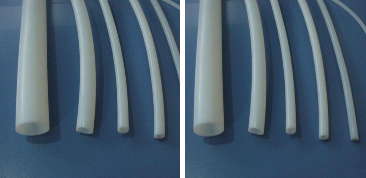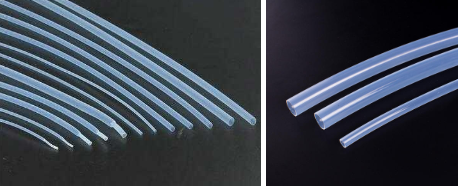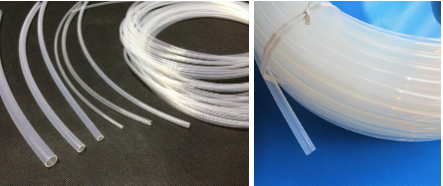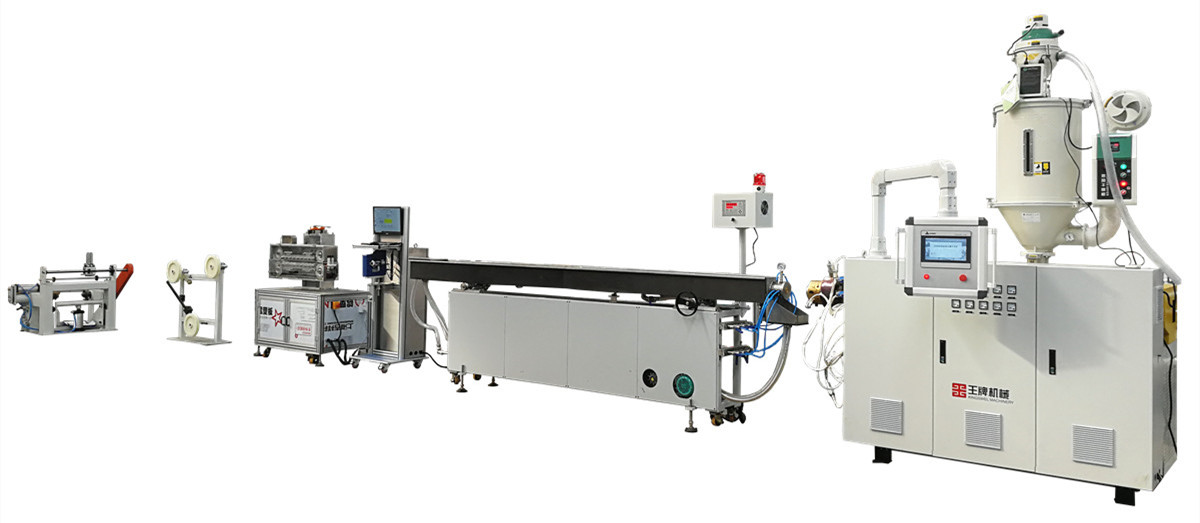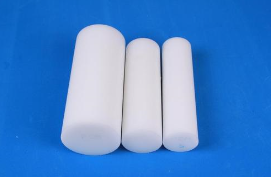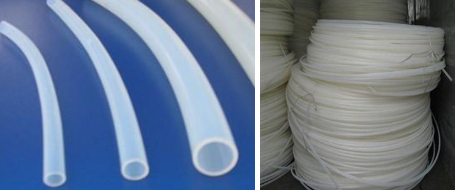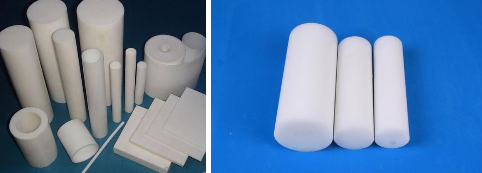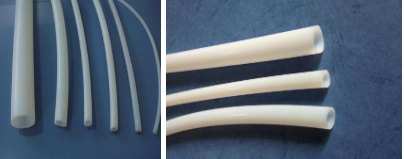Welcome to the official website of Shenzhen Dankai Technology Co., Ltd.!
Sitemap | contact us | Online message | CN
Telephone:
+8615158121839Hot key words:Polyperfluoroethylene propylene(FEP/F46) PTFE Teflon series PFA PVDF
News
Telephone:
+8615158121839Information details
What are the differences between PTFE and polyethylene
- Categories:Industry news
- Author:PFA tube lady
- Origin:PFA tube lady
- Time of issue:2019-10-29 10:10
- Views:
What are the differences between PTFE and polyethylene
- Categories:Industry news
- Author:PFA tube lady
- Origin:PFA tube lady
- Time of issue:2019-10-29 10:10
- Views:
What are the differences between PTFE and polyethylene
Polytetrafluoroethylene [PTFE, F4] is one of the best corrosion-resistant materials in the world today, so it is known as the "Plastic King". Polytetrafluoroethylene is a polymer of tetrafluoroethylene, the English abbreviation is PTFE, and the trade name is "Teflon" and "Teflon". The basic structure of PTFE is:-CF2-CF2-CF2-CF2-CF2-CF2-CF2-CF2-CF2-CF2 -. Polytetrafluoroethylene is widely used in various places where resistance to acids, alkalis and organic solvents is required. It is not toxic to humans. However, one of the raw materials used in the production process, perfluorooctanoate (PFOA), is considered to have carcinogenic effects. It can work for a long time at a temperature of +250℃ to -180℃, and can withstand all other chemicals except molten sodium and liquid fluorine.
Polyethylene: referred to as PE, is a thermoplastic resin made by polymerization of ethylene. It has excellent low temperature resistance (the lowest operating temperature can reach -70~-100℃), good chemical stability, and can withstand most acids and alkalis (not resistant to acids with oxidizing properties). It is insoluble in general solvents at room temperature, has low water absorption, and has excellent electrical insulation properties. However, polyethylene is very sensitive to environmental stress (chemical and mechanical effects) and has poor heat aging resistance. The properties of polyethylene vary from species to species, mainly depending on the molecular structure and density.
Abbreviation: nCH2=CH2→
Divided into three types: high pressure method, low pressure method and medium pressure method. High-pressure method is used to produce low-density polyethylene
The properties of polyethylene vary from species to species, mainly depending on the molecular structure and density.
Types of polyethylene:
(1) LDPE: low density polyethylene, high pressure polyethylene
(2) LLDPE: Linear low density polyethylene
(3) MDPE: medium density polyethylene, bimodal resin
(4) HDPE: high density polyethylene, low pressure polyethylene
(5) UHMWPE: Ultra-high molecular weight polyethylene
(6) Modified polyethylene: CPE, cross-linked polyethylene (PEX)
More news
Landline: 0755-29979617
Cell phone: 15818669373

Add WeChat, free sample

Follow the corporate public account
Shenzhen Dankai Technology Co., Ltd.
Address: Area B, 4th Floor, Building 1, North Yongfa Science and Technology Park, Yanchuan North, Chaoyang Road, Songgang Town, Bao'an District, Shenzhen
Tel: 0755-29979617 23127719 23127819
Fax: 86-0755-29979492

Follow us
Page copyright©1998-2024 Shenzhen Dan Kai Technology Co., Ltd. Guangdong 粤ICP备12071381号



